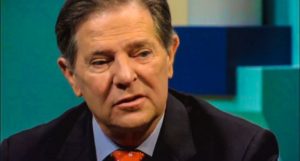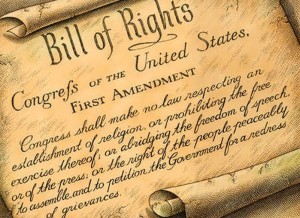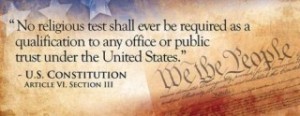The Orlando, Fla., massacre has ignited yet again — for the zillionth time — the debate over whether to enact tighter controls on the purchase of guns such as the weapon used by the monster who mowed down those innocent victims.
I don’t intend to enter that debate here. I do, though, want to introduce you to an idea that’s being kicked around: rewriting the Second Amendment to the U.S. Constitution.
I’ve long believed that of all the first 10 amendments, those that guarantee our civil liberties, the Second is the most horribly written of them.
It seems to contain two distinct references that appear to be at odds with each other.
“A well regulated Militia, being necessary to the security of a free State, the right of the people to keep and bear Arms, shall not be infringed.”
Are clear on that? Now? Forever?
Hardly.
Gun-control advocates glom onto the first part, the reference to the well-regulated militia; gun-owner advocates cling to the second part that refers to “the right of the people to keep and bear Arms, shall not be infringed.”
The founders inserted a couple of commas in the middle of the text that seem — to my eyes, at least — to add to the confusion.
Mac McCann, a blogger for the Dallas Morning News, has posited the notion that the Second Amendment needs to be modernized. Will it happen? Sure, it’ll happen about the time both sides of the gun violence divide come together, lock arms and sing in perfect harmony.
McCann writes: “I hold the Constitution in the highest regard, and I’m naturally skeptical of government power. But I’m moved by Obama’s words: ‘to actively do nothing is a decision, as well’ — and clearly not a good decision.
“We need a text that reflects the will of the American people in today’s world — which, of course, is far different from the world the Constitution was written in.”
Of course, any effort to amend an amendment is going to be interpreted as repealing the original text. We’ve had discussion in the past about amending the First Amendment, too. Free-speech/freedom-of-religion/free-press purists such as myself, quite naturally, have opposed such a thing on its face. That puts us in a bind when discussions come up regarding the Second Amendment, which is held in equally high regard by purists interested in gun-related issues.
This notion of modernizing the Second Amendment, though, is a discussion worth having.
If only we can have it intelligently and without the demonization that is guaranteed to erupt.
Your thoughts? Talk to me.






